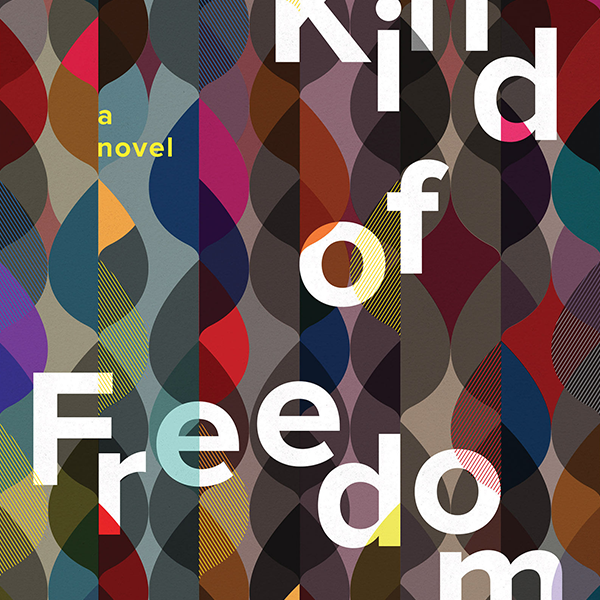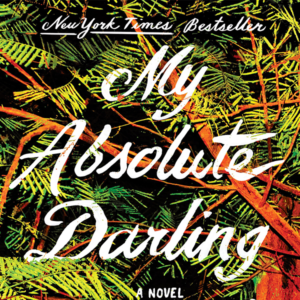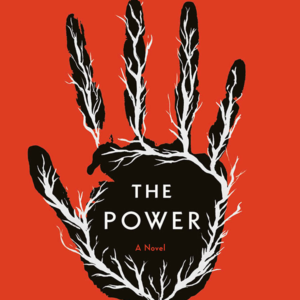Description
A 2017 National Book Award Nominee
A New York Times Book Review Editor’s Choice
Chosen as 1 of 12 books to read this August by the Chicago Review of Books
Chosen as 1 of 24 Incredible Books to Add to Your Shelf This Summer by the Huffington Post
Chosen as 1 of 10 Books to Read in August by BBC
Culture Chosen as 1 of 5 Great Reads to Fall Into by Ebony
An ABA Summer/Fall 2017 Indies Introduce Selection
A SIBA Summer 2017 Okra Pick
“This luminous and assured first novel shines an unflinching, compassionate light on three generations of a black family in New Orleans, emphasizing endurance more than damage.” ―The New York Times Book Review, Editors’ Choice
Evelyn is a Creole woman who comes of age in New Orleans at the height of World War II. Her family inhabits the upper echelon of Black society, and when she falls for no-account Renard, she is forced to choose between her life of privilege and the man she loves.
In 1982, Evelyn’s daughter, Jackie, is a frazzled single mother grappling with her absent husband’s drug addiction. Just as she comes to terms with his abandoning the family, he returns, ready to resume their old life.
Jackie’s son, T.C., loves the creative process of growing marijuana more than the weed itself. He was a square before Hurricane Katrina, but the New Orleans he knew didn’t survive the storm. Fresh out of a four-month stint for drug charges, T.C. decides to start over―until an old friend convinces him to stake his new beginning on one last deal.
For Evelyn, Jim Crow is an ongoing reality, and in its wake new threats spring up to haunt her descendants. A Kind of Freedom is an urgent novel that explores the legacy of racial disparity in the South through a poignant and redemptive family history.
“This luminous and assured first novel shines an unflinching, compassionate light on three generations of a black family in New Orleans, emphasizing endurance more than damage.” ―The New York Times Book Review, Editors’ Choice
“Brilliantly juxtaposing World War II, the ’80s and post-Katrina present, Sexton follows three generations of a black New Orleans family as they struggle to bloom amid the poison of racism. The author’s deep knowledge of her city and unerring ear for dialogue help bring her unforgettable characters to life.” ―People
“Sad, proud, provocative and quietly educational, with dialogue that credibly spans 70 years of black New Orleans vernacular, A Kind of Freedom begs for a screen adaptation. You wait and see.” ―Newsday
“This moving debut is ingeniously told in its passage back and forth through lives and changing times. Sexton’s portrayal of the intersection of character and circumstance is astute and nuanced, showing how adversity is amplified by each era’s racial injustice.” ―The Washington Post
“In her luminous and remarkably assured first novel, A Kind of Freedom, Margaret Wilkerson Sexton . . . shine[s] an unflinching but compassionate light on three generations of a black family in New Orleans who try to make the best choices they can in a world defined at every turn by constraint, peril and disappointment . . . For a debut novelist to take up such charged material is daring; to succeed in lending free-standing life to her characters without yielding an inch to sentimentality―or its ugly twin, pathology―announces her as a writer of uncommon nerve and talent . . . A Kind of Freedom attends to the marks left on a family where its links have been bruised and sometimes broken, but dwells on the endurance and not the damage. The force of this naturalistic vision is disquieting; it is also moving. One could say that it has the disenchanting optimism of the blues.” ―The New York Times Book Review
“This generational arc is largely related to systemic racism, but to simplify this novel as an exploration of such minimizes Wilkerson’s incredible achievement. Rather, A Kind of Freedom is a portrait of a family and a richly layered exploration of their sufferings . . . What is most remarkable about the tapestry of these stories is the way each person’s section is written a little differently from the last, like varying fabrics. Evelyn’s chapters and T.C.’s are written so distinctly that at times it feels like a completely different person wrote them. Sexton’s ability to change the style of writing to fit the time period is one of the most impressive aspects of the novel. Equally notable is how vividly each character is portrayed. Not only do each of the characters feel relatable, but they’re so fully realized that they stay with you long after finishing the story. That this multigenerational novel is a mere 228 pages and still manages to create such lifelike characters is an impressive feat . . . This remarkable debut marks Margaret Wilkerson Sexton as a writer worth watching.” ―Chicago Review of Books
“[A] great work of literature. Riveting, intense and compelling.” ―Ebony, 1 of 5 Great Reads to Fall Into
“As tragic as it is necessary. Each character is compelling and nuanced, making the reader all the more sorry to leave them at book’s end.” ―Shondaland




